Explore B.Ed in Biological Sciences admissions. Start your teaching career in biology. Find admission details here
Admission for B.Ed In Biological Sciences course
A Bachelor of Education (B.Ed) in Biological Sciences is a specialized undergraduate program designed to prepare students for a career in teaching biology at the secondary or higher secondary level. This program combines a strong foundation in biology with education theory and teaching methodologies.
1. Eligibility Criteria: Before applying for admission to a B.Ed program in Biological Sciences, candidates must meet certain eligibility criteria. These criteria can vary from one institution to another, but here are some common requirements:
-
Educational Qualifications: Candidates should have completed a bachelor's degree in Biological Sciences or a related field from a recognized university with a minimum aggregate score of 50% (this percentage may vary depending on the institution).
-
Subject Requirements: Some institutions may require candidates to have specific subjects within Biological Sciences in their undergraduate degree.
-
Entrance Exams: In many cases, candidates are required to appear for a B.Ed entrance examination conducted by the respective university or state education authority. The examination may consist of sections on general knowledge, teaching aptitude, and subject-specific questions.
2. Application Process: The application process for a B.Ed in Biological Sciences typically involves the following steps:
-
Notification: Keep an eye out for admission notifications from universities or educational institutions offering B.Ed programs. These notifications are usually released online and in newspapers.
-
Online Application: Visit the official website of the university or institution offering the B.Ed program and fill out the online application form. Be sure to provide accurate information and upload the required documents, such as mark sheets, certificates, and a recent passport-sized photograph.
-
Application Fee: Pay the application fee as specified in the admission notification. The fee can vary from one institution to another.
-
Admit Card: After successful submission of the application, download the admit card for the entrance examination (if applicable). This card will have details about the exam date, time, and venue.
3. Entrance Examination: Many B.Ed programs in Biological Sciences require candidates to take an entrance examination. The format and content of the exam can vary but typically include the following sections:
-
General Knowledge: This section assesses the candidate's awareness of current affairs, general science, and other topics of general knowledge.
-
Teaching Aptitude: This section evaluates the candidate's ability and inclination towards teaching, including their communication skills and understanding of educational principles.
-
Subject-Specific Questions: There will be questions related to Biological Sciences, testing the candidate's knowledge in areas such as biology, genetics, ecology, and more.
-
Interview/Group Discussion: Some institutions may also conduct an interview or group discussion as part of the selection process to assess a candidate's communication skills and subject knowledge.
4. Merit List and Counseling: After the entrance examination, universities typically release a merit list based on the candidate's performance in the exam and other relevant criteria. Shortlisted candidates are then called for counseling sessions, where they can select their preferred colleges and courses based on their rank in the merit list.
5. Course Duration: The duration of a B.Ed in Biological Sciences program is generally two years. During this time, students will be exposed to both theoretical and practical aspects of teaching biology. The curriculum includes courses in education theory, pedagogy, educational psychology, and subject-specific topics in biology.
6. Specializations: While pursuing a B.Ed in Biological Sciences, students may have the opportunity to choose specializations or electives within the field of biology. These specializations can vary by institution but may include areas like molecular biology, ecology, botany, zoology, and more.
7. Practical Training: B.Ed programs include a mandatory teaching practice component, which is usually referred to as "teaching practicum." During this period, students gain hands-on experience by teaching in schools under the guidance of experienced educators. This practical training helps them develop their teaching skills and classroom management techniques.
8. Assessment and Evaluation: Students are assessed through various means, including written examinations, assignments, classroom observations, and feedback from mentors during the teaching practicum. These assessments help gauge their progress and readiness for a career in teaching.
9. Certification: Upon successful completion of the B.Ed in Biological Sciences program and meeting all the requirements, students are awarded a Bachelor's Degree in Education with a specialization in Biological Sciences.
10. Career Opportunities: After earning a B.Ed in Biological Sciences, graduates have various career opportunities, including:
-
School Teacher: The most common career path is becoming a biology teacher at the secondary or higher secondary level in schools.
-
Educational Consultant: Graduates can work as educational consultants, advising schools and institutions on curriculum development and teaching methodologies.
-
Curriculum Developer: Some may choose to work on designing and developing biology curriculum and educational materials.
-
Private Tutoring: Running private tutoring or coaching classes for biology is another option.
-
Content Developer: Graduates can create educational content for online platforms, textbooks, or e-learning companies.
-
Education Administration: Some may pursue careers in educational administration, working as school principals or administrators.
 2 Years
2 Years
 Under Graduate
Under Graduate
 Education
Education
 Full Time
Full Time


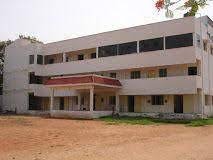
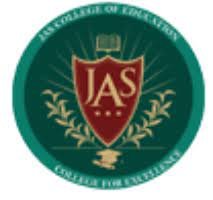
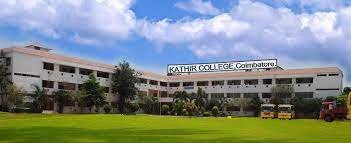


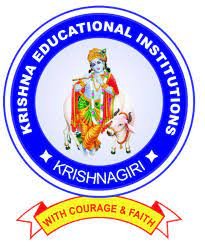
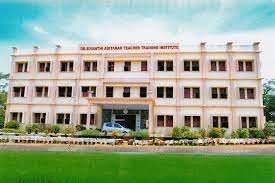
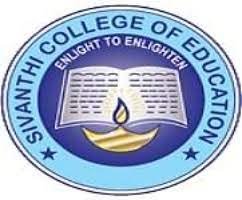




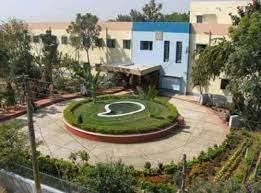


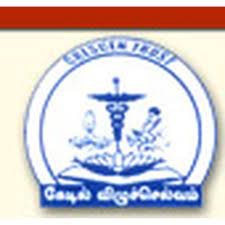
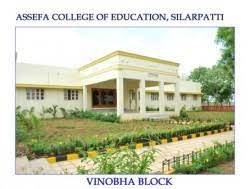


 back
back